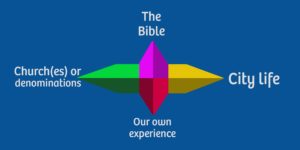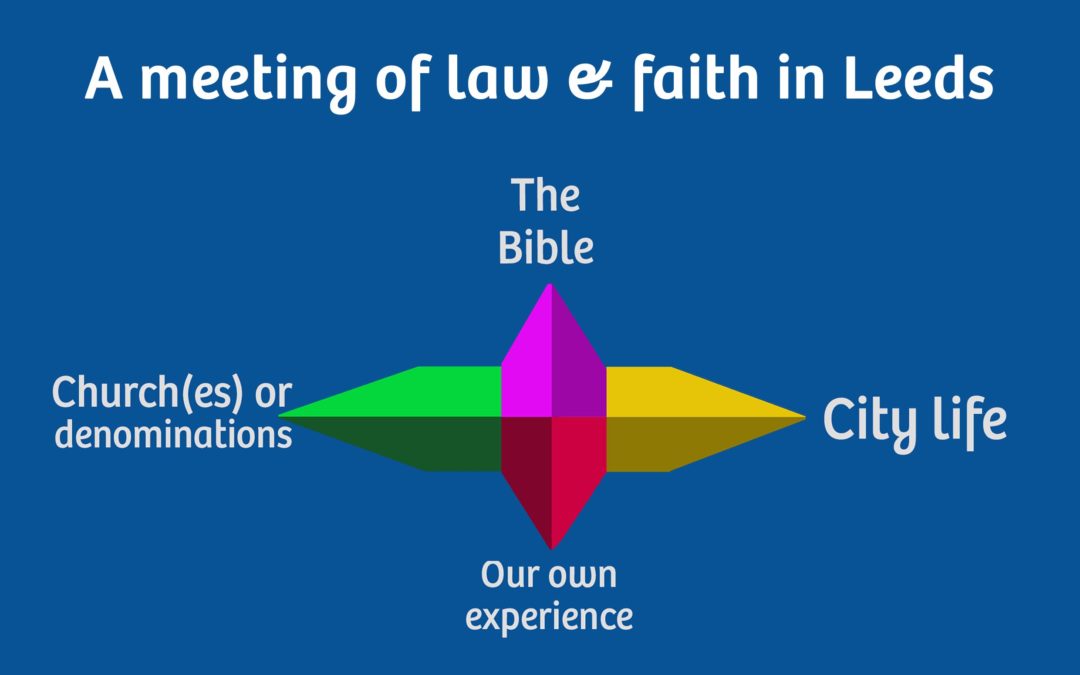by Dr Helen Reid, Director of Leeds Church Institute
At this time of year, lots of charities are publishing annual reports and holding annual general meetings, and Leeds Church Institute is no exception. It is a time to dot the i’s and cross the t’s while appreciating that the legal details and demands ensure we are systematically accountable and motivated. Recognising this, Leeds Church Institute seeks to find a creative place where these demands interact with theological reflection and overall pursuit of our vision for ‘learning for a faithful city’.
Leeds Church Institutes’ formal objects as recorded in our Memorandum and Articles are to promote, advance and maintain religion and education (both religious and secular) consistent with the Christian faith as expressed by Churches Together in England, and operating within Leeds. As a charity, we also have as a general object to ensure our work is for the benefit of the public at large.
To achieve these objects Leeds Church Institute names its mission as, ‘to be an active and progressive agent in city life for the benefit of all’ and to work within an ethos of learning, hospitality and service. There are four key areas of our activity in this regard:
- An ethically run charity governed by a council of elected members
- An educational programme of events, media, the arts and research that generates theological conversations and provokes thinking on faith and justice
- City engagement that supports the contribution of diverse Christians in city life
- A Learning Centre that resources city life and learning
Intrinsic to all this is a way of shared theological reflection and learning that is non-denominational, inclusive and seeks the good of the city. Our approach to reflection is dialogue that engages four distinct perspectives.

Such dialogue leads us to jointly own a theology for city life, here and now, as a basis for action and future reflection. Click here to download our infographics document and see what this way of reflecting and working meant in 2018.
The process of dialogical reflection as shown owes much to Roger Walton’s writing on the Letter to the Hebrews in The Reflective Disciple (SCM, 2012).

